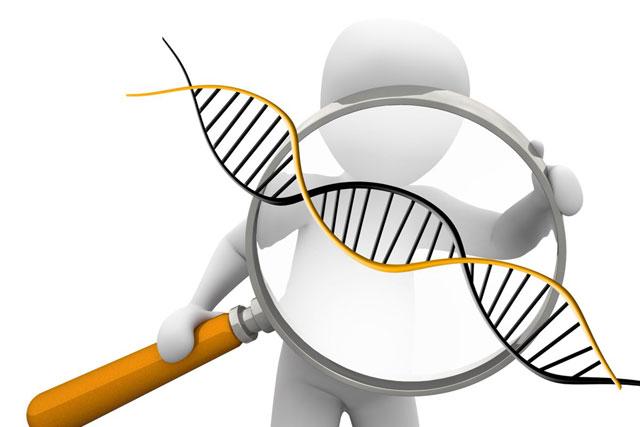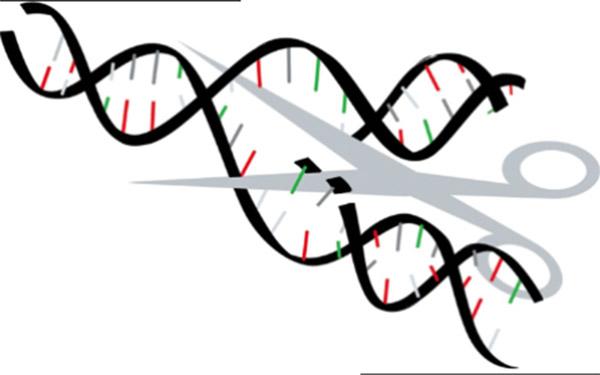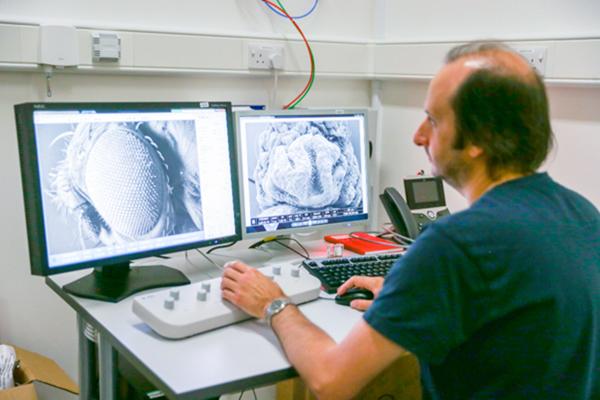You are here
To prevent serious conditions, scientists should be able to edit people’s DNA
By Los Angeles Times (TNS) - Feb 19,2017 - Last updated at Feb 19,2017

Photo courtesy of wordpress.com
Scientists should be allowed to alter a person’s DNA in ways that will be passed on to future generations, but only to prevent serious and strongly heritable diseases, according to a new report from the National Academy of Sciences and the National Academy of Medicine.
However, tinkering with these genes in order to enhance or alter traits such as strength, intelligence or beauty should remain off-limits, the report authors concluded.
Changing the so-called germline — effectively, editing humanity’s future by altering genes in human reproductive cells — is illegal in the United States. It has largely been considered ethically off-limits here as well, at least while bioethicists and scientists pondered the unforeseen effects and unexamined moral dilemmas of using new gene-editing technologies.
However, scientists have moved forward aggressively to explore the feasibility of altering disease genes in other adult human cells with a revolutionary technique known as CRISPR-Cas9. It is widely believed that gene editing of this sort could treat patients with metabolic disorders, certain cancers and a range of other diseases that arise from genetic mutations — without altering the germline.
Last year, Chinese scientists launched a trial that uses CRISPR-Cas9 in a treatment for lung cancer. While the trial’s outcome is awaited with high anticipation, scientists outside China have expressed concern that ethical reservations in the United States and Europe will put them at a disadvantage.
CRISPR-Cas9 makes gene editing more straightforward, more precise and far more widespread. As such, the national academies’ report acknowledges that changing heritable DNA in eggs, sperm and early embryos is fast becoming “a realistic possibility that deserves serious consideration”.
The 22-member panel of scientists and bioethicists who produced the report completed a comprehensive review of the issues raised by that prospect.
Clinical trials involving germline editing should only be pursued to treat diseases that cannot be improved with “reasonable alternatives”, the committee said. In addition, they added, scientists should convincingly demonstrate they are targeting a gene that either causes or strongly predisposes a carrier to a serious disease or condition, and that they have weighed the likely risks and benefits of altering that gene.
These clinical trials should be conducted under public scrutiny that takes into account issues of societal fairness, personal dignity and scientific integrity, the panel said.
Finally, scientists should conduct long-term follow-up studies to discern how gene editing affects subsequent generations. Public debate and discussion about the technology should continue, the panel added.
“Genome editing research is very much an international endeavour, and all nations should ensure that any potential clinical applications reflect societal values and be subject to appropriate oversight and regulation,” said Massachusetts Institute of Technology cancer researcher Richard O. Hynes, who co-chaired the panel with University of Wisconsin-Madison bioethicist R. Alta Charo. “These overarching principles and the responsibilities that flow from them should be reflected in each nation’s scientific community and regulatory processes.”
Dr J. Patrick Whelan, an immunologist and bioethicist who was not on the panel, said the group “has asked the compelling questions”, sparking a conversation that must keep up with a rapid pace of scientific discovery in this field. He called the report’s release “a fantastic development”.
“What they’re saying is, let’s start the conversation, maintain ethical structures along the way and hopefully do this the right way,” said Whelan, who serves on the advisory board of the University of Southern California’s Institute for Advanced Catholic Studies.
The international panel included members from the US, China, France, Israel and Italy. Their report was underwritten in part by the Department of Defence’s Advanced Research Projects Agency and the US Food and Drug Administration.
Related Articles
Using a powerful gene-editing technique, scientists have rid human embryos of a mutation that causes an inherited form of heart disease ofte
HONG KONG — A scientist in China claims to have created the world’s first genetically-edited babies, in a potentially ground-breaking and co
HONOLULU — Scientific techniques that can wipe out invasive species or alter mosquitoes’ ability to carry disease are pushing ahead, raising


















